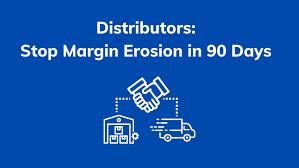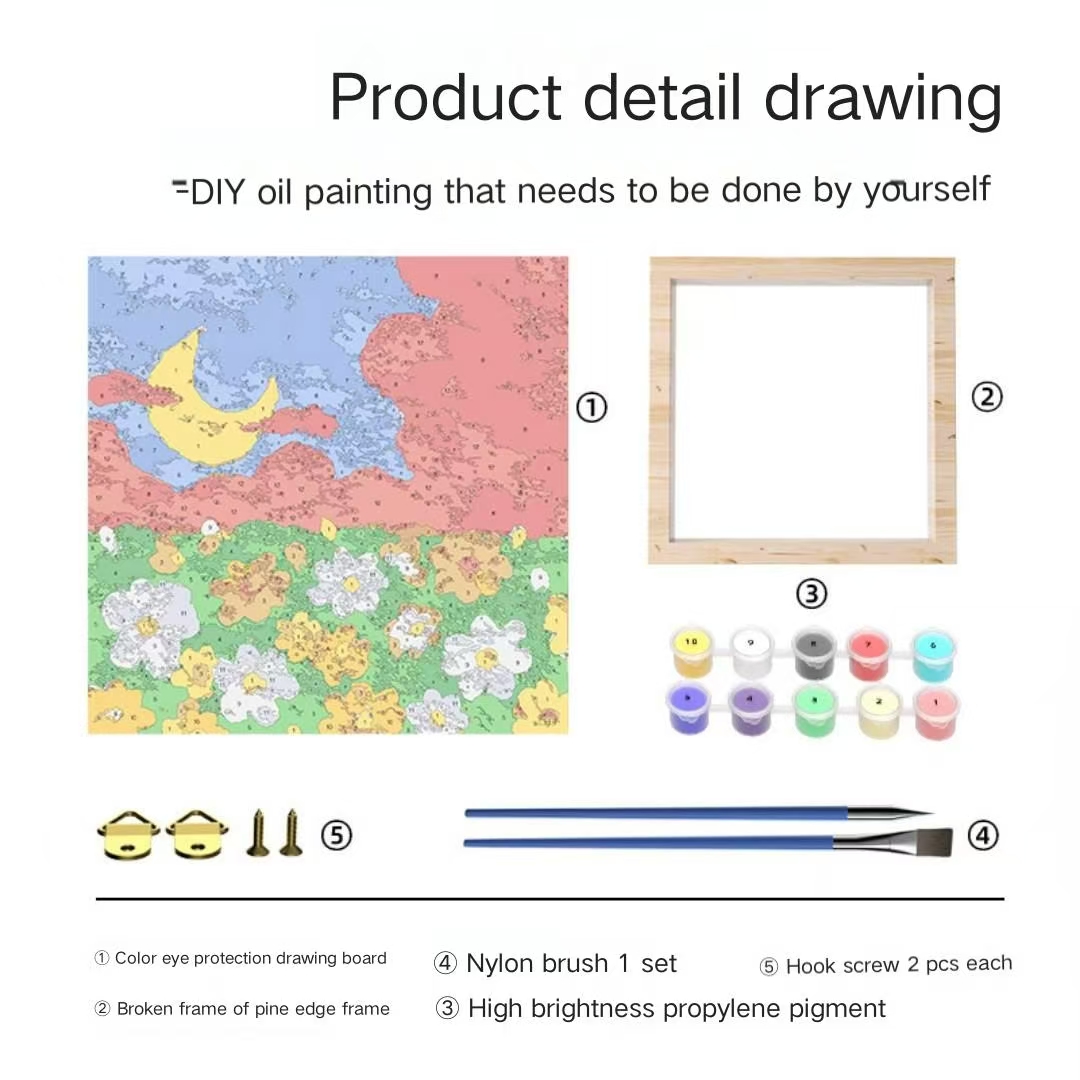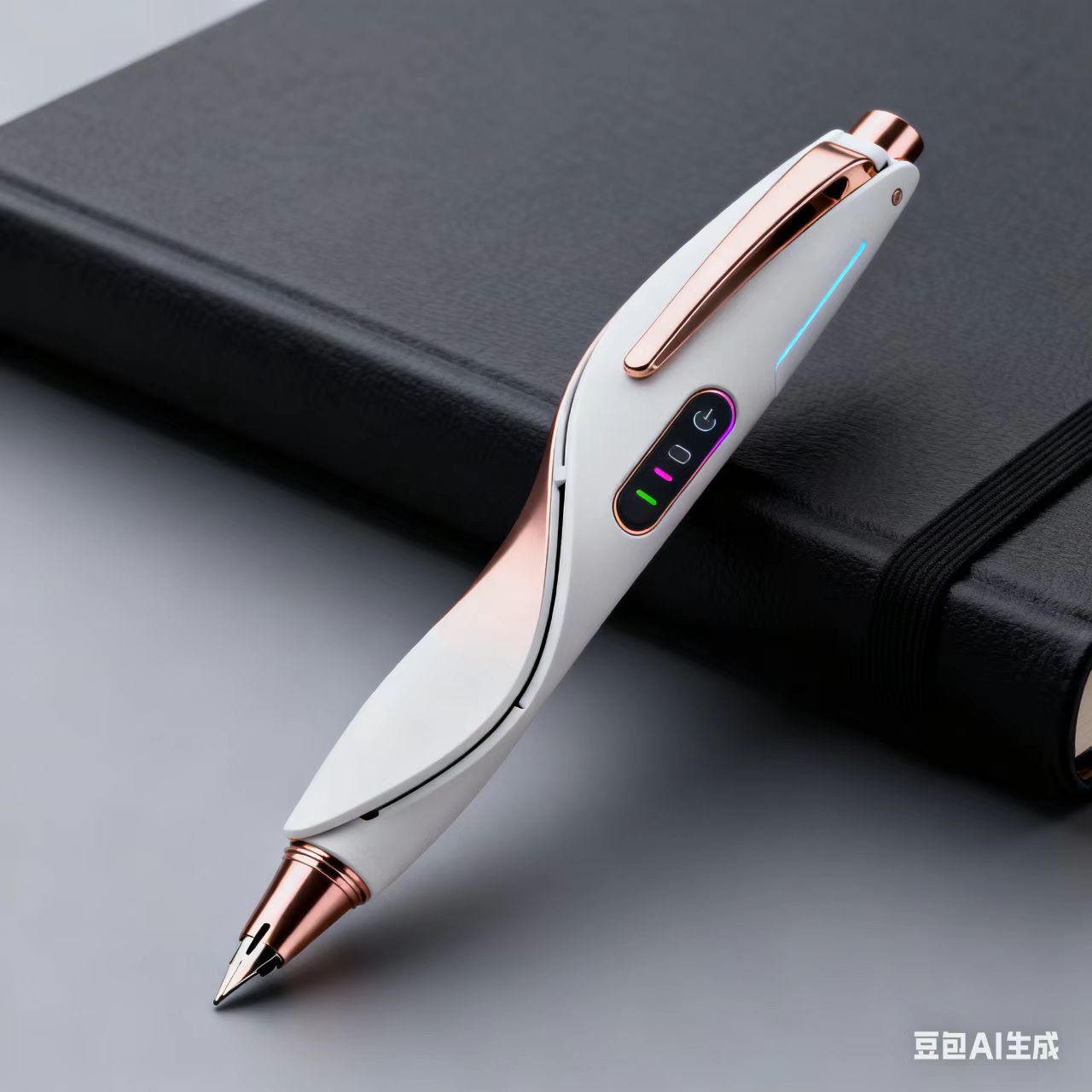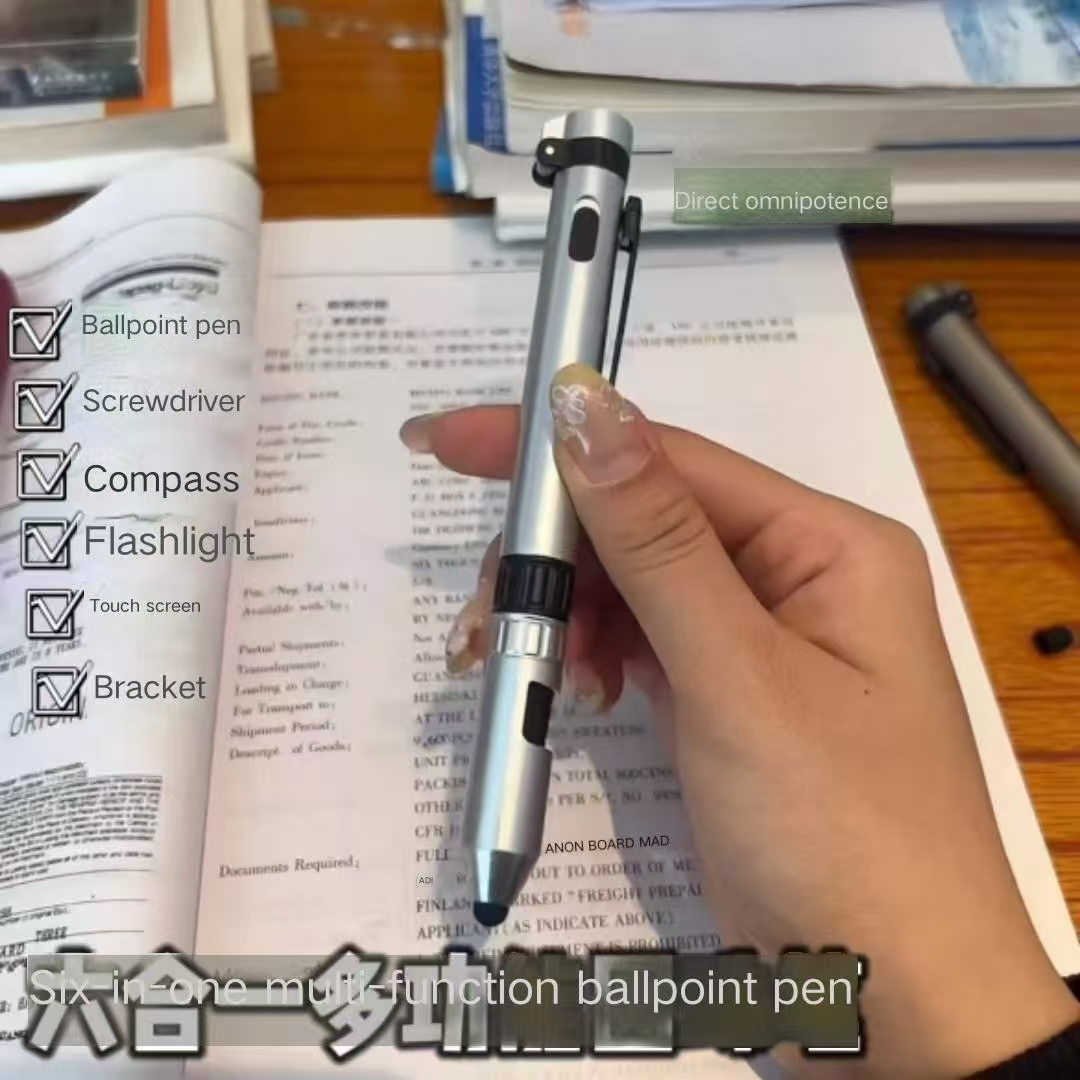Why Many Distributors Struggle With Stationery Margin Pressure

Distributors often chase sales volume with generic stationery, locking themselves in a race to the bottom on price. This relentless margin squeeze erodes profits and stifles long-term growth.
Distributors struggle with margin pressure mainly because they sell undifferentiated products and compete only on price. Without value-added services or unique offerings, their margins shrink, and they become replaceable.

I’ve watched too many businesses fall into the same trap. They keep pushing low-margin bulk items, thinking volume will save them. But generic pens and notebooks are everywhere. When distributors stop innovating, customers switch to whoever costs less. The only way forward is to become irreplaceable—offering real value through curated products, financing, or insights that brands and retailers crave. Let’s dig into why the margin problem is so sticky, and what can be done about it.
What are the main problems of distribution?
What challenges hurt distributors the most when managing stationery?
The main problems are high competition, lack of differentiation, thin profit margins, and not adapting to fast-changing markets.

Stationery distributors often treat products like pure commodities. With so many suppliers offering near-identical items, it’s hard to stand out. Margins shrink as everyone slashes prices just to win deals. Stock management problems and changing customer trends add extra risk. From my experience, businesses that pick unique products or extra services avoid these headaches and gain loyal customer bases.
Main Distribution Problems Table
| Problem | Impact on Distributor | Solution Approach |
|---|---|---|
| High Competition | Margin squeeze | Offer curated/unique products |
| No Product Difference | Easy substitution | Build exclusive partnerships |
| Market Volatility | Unsold inventory | Flexible, trend-based buying |
| Overstock | Locked-up capital | Real-time inventory management |
What challenges might a business face in the distribution of its products?
Where do businesses stumble when distributing stationery?
Common challenges include stockouts, changing prices, shifting trends, and the costs of holding unsold products. These make it easy for margins to shrink, especially in low-value niches.

I’ve managed catalogs filled with lookalike pens and paper clips. The result? Price wars and slow-moving stock. When demand shifted—for example, to more eco-friendly notebooks—we struggled to adapt fast enough. Technology also changes buying habits, forcing constant adjustment. Embracing data tools and curating products helped me cut losses and act faster than the competition.
Distribution Challenge Table
| Challenge | Reason It’s Dangerous | How to Address |
|---|---|---|
| Stockouts | Lost sales, angry buyers | Improve forecasting |
| Slow Sales | Blocked cash flow | Regular product reviews |
| Price Volatility | Unclear profit forecast | Fixed contracts, flexible terms |
| Changing Demand | Dead stock risk | Follow trends, test new SKUs |
Which problem is typically present in all distribution systems?
What issue shows up in every stationery distribution network?
Every distribution system faces the risk of being commoditized, where price is the main deciding factor and differentiation disappears.

Commoditization means customers care only about price. No matter how good your service is, being seen as just another pen or notebook seller traps you. I have seen relationships with retailers weaken the minute a cheaper option came up. The only way out is to offer something the market can’t easily replace, whether it’s a faster supply chain, special financing, or product bundles built for specific buyer groups.
Commoditization Table
| Core Problem | What It Looks Like | Surviving the Threat |
|---|---|---|
| Commoditization | Price-only competition | Create value-added services |
| Lack of Brand Loyalty | Buyers switch freely | Build exclusive products |
| Inventory Risk | Unwanted stock | Data-driven purchasing |
| No Customer Stickiness | One-time buyers | Offer ongoing solutions |
Conclusion
Stationery distributors who focus only on volume and price set themselves up for margin pressure that never goes away. Generics are everywhere, and customers are fickle. The businesses that thrive rethink their role in the value chain. I’ve built real profitability by moving away from being just a middleman. Instead, I work with retail partners to provide curated assortments1, help them with inventory financing2, and share category insights—services that earn true loyalty and command higher margins. If you want to escape margin traps and build a stable, expanding business, stop chasing every sale and start building value. That’s the only way to become a partner producers and retailers can’t live without.
